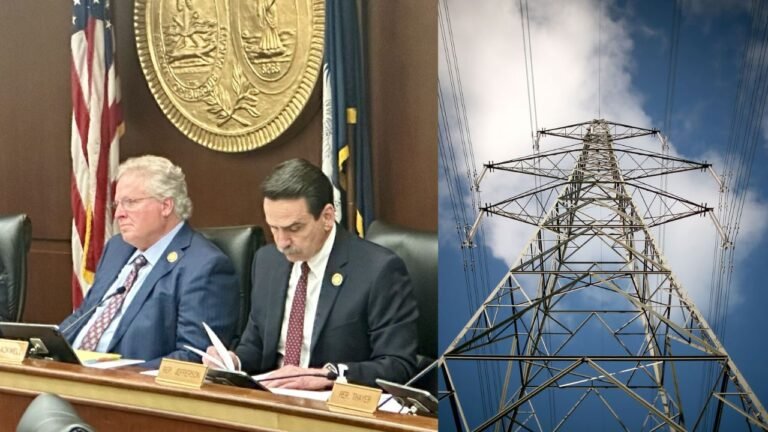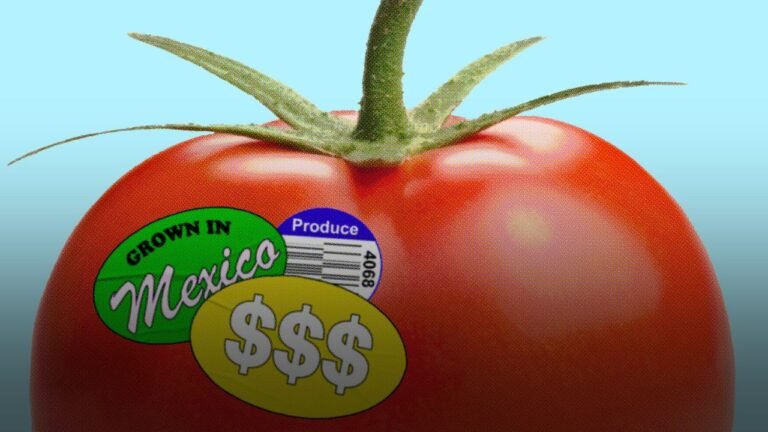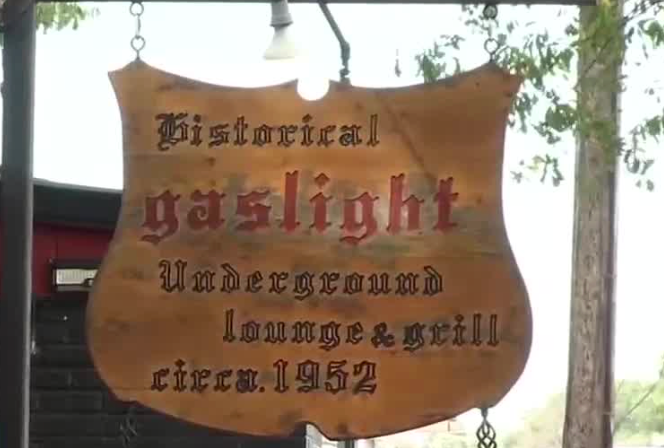South Carolina Shrimpers Sue 25 Charleston Restaurants Over ‘Shrimp Fraud’
CHARLESTON, S.C. — The South Carolina Shrimpers Association has filed a federal lawsuit against 25 Charleston-area restaurants, accusing them of deceiving customers by falsely advertising imported shrimp as “wild-caught” and “local.”
The suit, filed on June 13 in the District of South Carolina, claims the restaurants violated the Lanham Act and South Carolina’s Unfair Trade Practices Act, asserting that these misrepresentations hurt both consumer trust and the state’s shrimping economy.
What the Lawsuit Alleges
According to the shrimpers’ association, many establishments sold imported frozen shrimp while claiming it was harvested from South Carolina waters. This mislabeling not only misled diners but also tarnished the reputation of authentic Lowcountry shrimpers, the lawsuit claims.
“We believe our friends, family, and guests deserve the real, authentic thing — our wild-caught South Carolina shrimp,” said Bryan Jones, vice president of the Shrimpers Association.
A SeaD Consulting investigation conducted genetic testing on shrimp from 44 Charleston-area restaurants. Shockingly, 90% of the samples were not locally sourced, and 25 restaurants were identified as engaging in outright shrimp fraud.
Shrimp Fraud and Its Broader Impact
This isn’t an isolated issue. Similar tests along the Gulf Coast found fraud rates as high as 96% in Florida’s Tampa Bay and St. Petersburg regions.
Beyond misrepresenting their menu offerings, the Shrimpers Association argues that this behavior erodes the “South Carolina seafood” brand, which is vital to both locals and tourists seeking authentic cuisine.
Charleston’s coastal dining scene plays a key role in the tourism industry, which generated $27.9 billion in visitor spending in 2022. According to Columbia SC Tourism, food and beverages account for 29% of a visitor’s budget, translating to nearly $487 million in spending.
“This is more than just food labeling,” said a representative attorney, Gedney Howe IV. “This is about preserving the Lowcountry’s culinary legacy and giving consumers what they’re promised.”
Industry Reactions and Restaurant Responses
Not all the restaurants targeted have stayed silent. Some have denied wrongdoing, saying they either had receipts for local purchases or that they did not claim their shrimp was local in the first place.
- Mount Pleasant Seafood said it provides documentation of its local sourcing and uses frozen South Carolina shrimp only when fresh isn’t available.
- Crave Hospitality Group emphasized its commitment to transparency in sourcing.
- Page’s Okra Grill expressed shock at being included in the lawsuit, noting they “do not claim on any of our menus that our shrimp is all local or East Coast.”
Still, the lawsuit may force tighter regulations. Other states, such as Louisiana, have already implemented stricter seafood labeling laws to combat similar deceptive practices.
What Comes Next
The case is expected to move forward in court with a focus on marketing claims, sourcing records, and consumer expectations. The plaintiffs are not just seeking financial damages, but a commitment to transparency and truthful advertising in South Carolina’s thriving seafood scene.
“We’re open to dialogue with any restaurant willing to improve their practices,” said Howe. “But accountability comes first.”
Have you ever questioned whether “local” seafood on your plate is truly from South Carolina? Let us know what you think about the lawsuit and seafood labeling in the comments on SaludaStandard-Sentinel.com.







